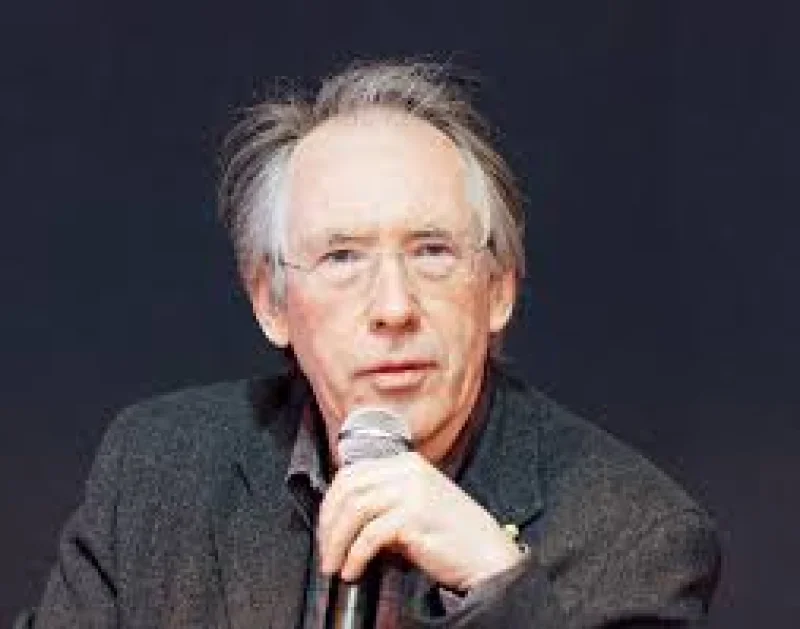Short Summary
Denis Diderot was a prominent French philosopher, art critic, and writer, best known as a leading figure of the Enlightenment. He is most famous for serving as the chief editor of the Encyclopédie, a monumental work that aimed to compile and disseminate knowledge from various fields. Diderot's contributions to literature, philosophy, and art criticism have left an indelible mark on the intellectual landscape of his time and beyond.
Early Life & Education
Denis Diderot was born on October 5, 1713, in Langres, France, into a well-off family. His father was a master cutler, and his mother came from a family of tanners. Diderot was educated at a Jesuit college in Langres and later moved to Paris, where he earned a Master of Arts degree in 1732. Initially preparing for a career in the clergy, he eventually abandoned this path in favor of pursuing a more secular intellectual life. His early exposure to philosophy and literature profoundly influenced his later work as a writer and thinker.
Career Highlights
Diderot's career was marked by his role as the editor of the Encyclopédie, which he worked on from 1747 to 1772. This ambitious project aimed to compile all human knowledge and make it accessible to the public. Beyond the Encyclopédie, he wrote numerous philosophical essays, plays, and novels, including "Jacques the Fatalist" and "Rameau's Nephew." His work often explored themes of freedom, reason, and the critique of traditional authority. He was also an influential art critic, producing significant writings on painting and aesthetics.
Major Achievements
- Chief editor of the Encyclopédie, a groundbreaking work that disseminated Enlightenment ideas.
- Author of "Jacques the Fatalist," a novel that challenged conventional narrative structures.
- Pioneer in art criticism, influencing the field with his detailed analyses and insights.
Famous Quotes
- "Man will never be free until the last king is strangled with the entrails of the last priest."
- "Only passions, great passions, can elevate the soul to great things."
Interesting Facts
- Diderot spent over 25 years working on the Encyclopédie.
- His work often faced censorship and backlash from religious and political authorities.
- Diderot's personal library was purchased by Catherine the Great of Russia.
Legacy / Influence
Diderot's work laid the groundwork for modern encyclopedias and contributed significantly to the spread of Enlightenment ideas, which emphasized reason and individualism. His writings have inspired generations of philosophers, writers, and artists, shaping the intellectual climate of Europe and influencing the development of modern thought.
FAQ
Q: Why is Denis Diderot famous?
A: He is famous for his role as the chief editor of the Encyclopédie and his contributions to Enlightenment philosophy.
Q: What is the Encyclopédie?
A: It is a comprehensive reference work that aimed to compile and disseminate knowledge across various disciplines.
Q: What themes did Diderot explore in his writings?
A: His writings often explored themes of freedom, reason, and the critique of traditional authority.









